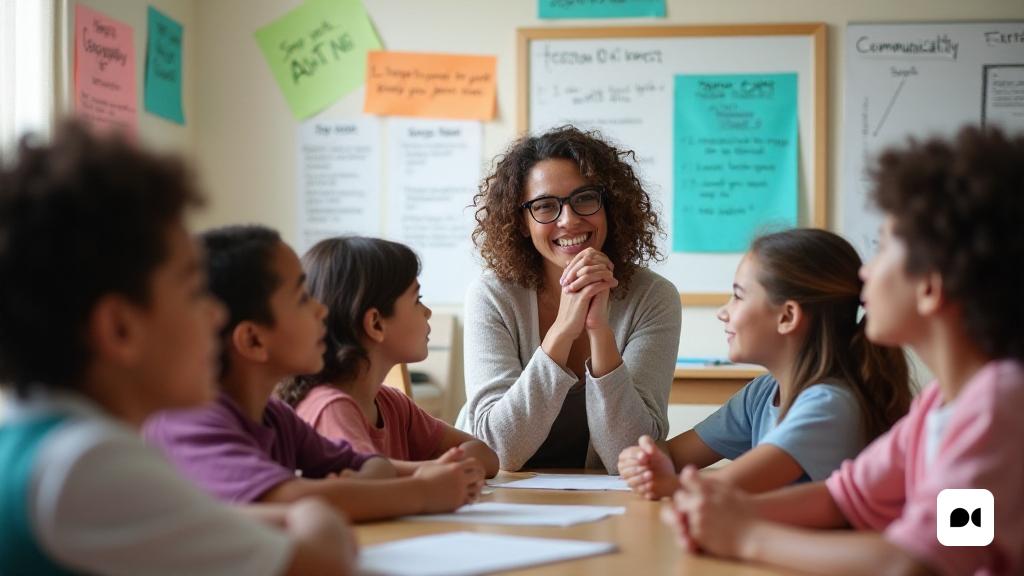The importance of saying ‘no’ in our society
From an early age, we are taught to be kind and avoid conflicts. This education, which often results in saying ‘yes’, can lead to a lack of sincerity with ourselves. Learning to say ‘No’ is just as important as accepting a ‘yes’ and can be a powerful tool in our daily interactions.
Assertiveness as a key to effective communication
Assertiveness is a social capacity that allows people to express their opinions and needs with respect. Richard Lazarus, one of the references in the subject, emphasizes that assertiveness is based on four essential skills: say ‘no’, make requests, express emotions and manage conversations. This capacity helps us to defend our rights without missing respect for others.
The duality between ‘yes’ and ‘no’
Say ‘no’ should not be seen as a negative attitude. In fact, it is a reflection of our right to express ourselves. Accepting that we have the freedom to say ‘no’ is essential for our self -esteem and our relationships. Both ‘yes’ and ‘no’ are expressions of assertiveness that deserve the same respect.
Education in Assertiveness: a learning process
Assertiveness is not an innate feature; It is a skill that can be developed through education. To teach ‘no’, it is essential for educators and parents to model this behavior. Children learn by imitation, so showing an example of assertiveness is crucial.
Techniques to enhance the ability to say ‘no’
One of the useful methodologies is the ‘role playing’, which allows individuals to practice situations in a safe environment. This technique helps to build confidence and prepare to deal with real situations. In addition, the analysis of pros and cons may be a valuable exercise in understanding the consequences of our answers.
Final reflections on assertiveness
In our daily lives, learning to say ‘no’ assertively not only benefits us, but also improves our relationships with others. This skill allows us to establish healthy limits and be more consistent with our values and emotions. Encouraging an environment where the ability to say ‘No’ is respected is essential for everyone’s emotional well -being.
Assertive education is not only an individual challenge, but a collective responsibility that can transform our social interactions and contribute to a more empathetic and respectful society.

